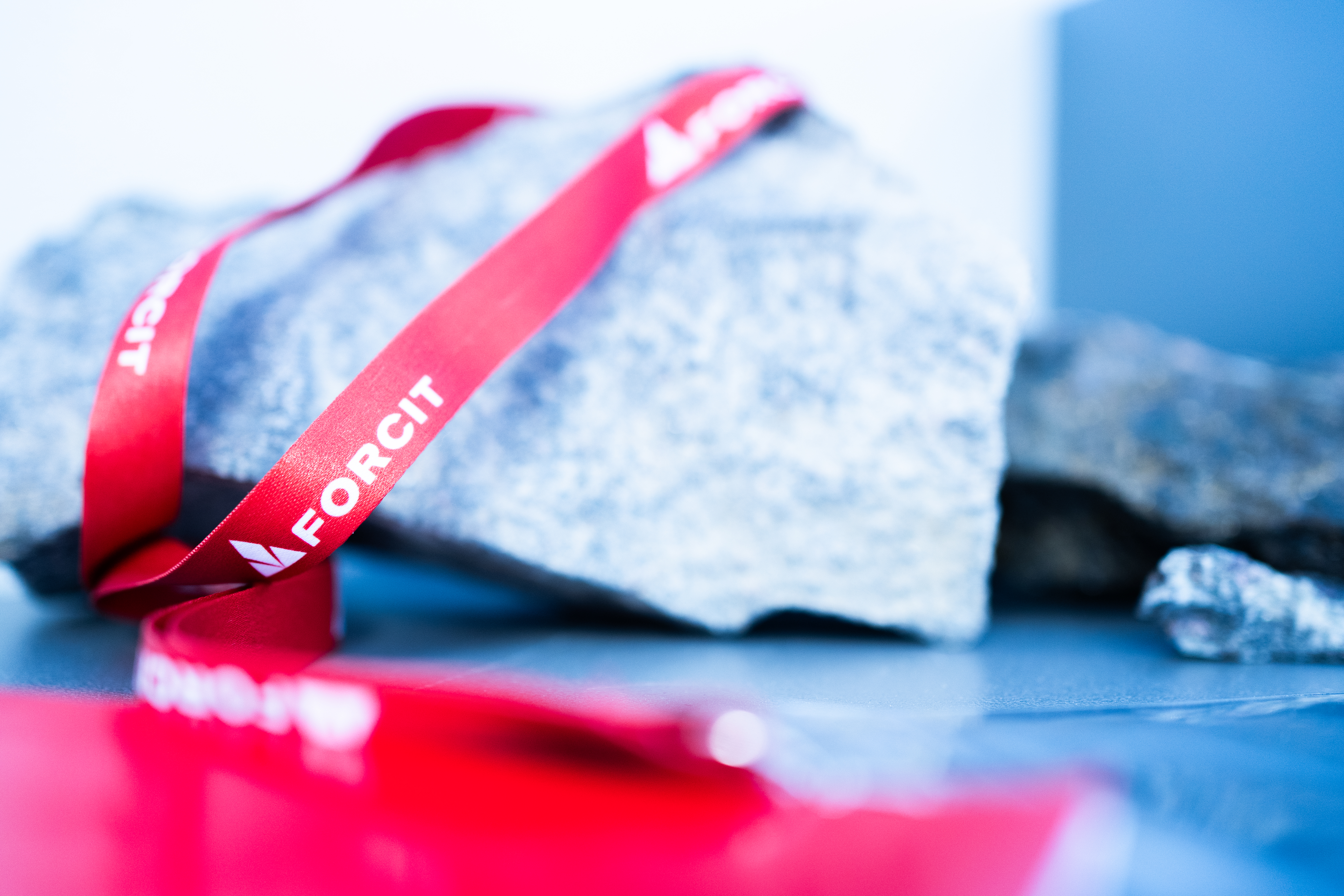
3 minute read
PEOPLE: NORDIC CORPORATE CULTURE
In spring 2025, we hosted a fireside chat with Sofia Wiker, People and Culture Manager, and Stefan Långström, Chief People and Culture Officer. Our conversation covered FORCIT’S HR policies, training initiatives, and the impacts of global events on their personnel, influencing both policy decisions and proactive measures. We also discussed what it’s like working in the explosives industry today and in future.
The chat was hosted by Timo Rantanen, a sustainable professional and writer.
INTERVIEWER: How does FORCIT maintain a cohesive corporate culture across its Nordic operations while accommodating local variations?
STEFAN: We certainly have common denominators based on our core values and strategic framework, but there’s room for local adaptations and cultural variations. Life, after all, is local, not Nordic. Having worked extensively across Nordic countries, I’ve noticed cultural differences between Norway, Finland, and Sweden. Our objective is to maintain alignment around shared goals while appreciating these local nuances.
INTERVIEWER: Can you provide an example of how local variations are managed, particularly concerning compensation?
STEFAN: While there’s a consistent approach across our Nordic countries rewarding desirable behaviors and good performance, we also recognize regional differences within countries. For example, differences exist between southern and northern Finland. Understanding and utilizing these differences as strengths are vital for us.
SOFIA: Exactly. The strategic values remain consistent, but our approach allows employees to define behaviors aligned with these values locally. This approach encourages behaviors that enhance workplace satisfaction and effectiveness. Once defined in Sweden, we plan to implement similar processes in Norway and Finland, allowing each region to articulate behaviors that reflect our shared values within their unique contexts.
INTERVIEWER: You mentioned being close to customers and maintaining flexibility. How does this approach manifest across different divisions?
STEFAN: We highly value being approachable, flexible, and unpretentious in our relationships with both colleagues and customers. Although each role has clearly defined responsibilities, our culture encourages helping each other and maintaining close customer relationships. This applies strongly across our Explosives, Defense, and Consulting divisions, where long-term relationships and customized solutions are central to our operations.
INTERVIEWER: Can you elaborate on the significance of long-term relationships at FORCIT?
STEFAN: We are proud of our exceptionally long-term customer and employee relationships. At our parent company, it’s common to find employees who’ve been with us for 20, 30, or even 40 years. Some families have worked here across multiple generations, up to the fifth generation. Such continuity is exceptional and speaks volumes about our company culture and employee satisfaction.
INTERVIEWER: You’ve been using the Predictive Index (PI) system for recruitment and leadership development. Can you describe your experiences?
STEFAN: The PI system helps significantly in understanding individual differences and leveraging them as strengths. It assists us in identifying suitable candidates, developing teams, and improving internal communication. After five years of using PI, we’ve noticed improvements in team dynamics and better handling of collaborative challenges.
SOFIA: The evaluations of our leadership initiatives using the PI system have been very positive. Managers find it relevant and insightful, sometimes surprisingly accurate. Employees often express astonishment at how accurately the profiles reflect their behaviors, almost as if they’ve been closely observed. Having experience with similar tools at various companies, I personally find PI highly effective for personal and professional growth. It’s intuitive and beneficial for enhancing self-awareness and interpersonal dynamics.










